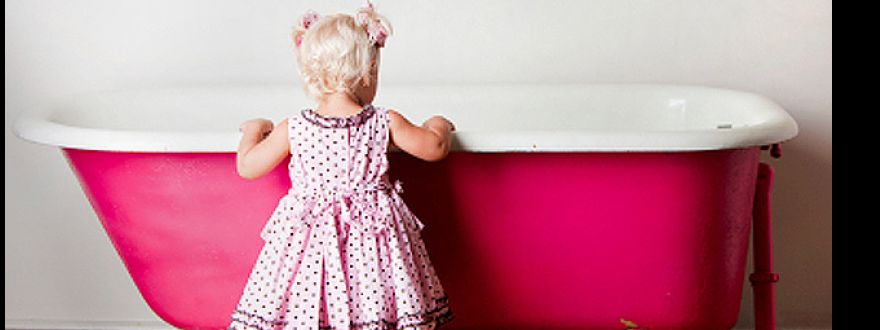
Some household safety risks may surprise you and knowing a few of the culprits is important to help prevent accidents in your home.
How can I avoid surprising household hazards?
- Keep treadmills and exercise equipment secured, powered off and unplugged . The rotating belt can cause friction rashes, broken bones and snagged clothing in an instant.
- Keep the treadmill in a closed room, turn off the power switch (or unplug it).
- Store the safety key away from the machine so that children can't accidentally turn it on.
- Keep refrigerator magnets out of reach or secured . Small magnets can be swallowed and put children at risk of choking or damaging their stomachs and digestive tracts.
- Keep coin/button batteries out of reach and secure items that use them. Coin lithium "button" batteries can put children at risk of choking or do internal damage to their bodies.
- Tape battery doors shut on items powered by coin batteries so children can't access them.
- Keep unused batteries out of children’s reach.
- Maintain and assure garage doors are operating smoothly and functioning safely . Malfunctioning and improperly installed garage doors cause injuries.
- Regularly test garage doors to make sure they retract when an object is in its path to prevent injury if someone walks or stands underneath.
- Have a professional inspect your garage doors, all springs and sensors to see if they need repair.
- Maintain and evaluate electronic appliances. The advanced features on today's high-tech appliances make them easy to use but they can short circuit and lead to fires. Pay close attention to:
- Stove burner ignitions that turn on by themselves,
- Refrigerator light bulbs that stay on and overheat, and
- Appliances with warning signals. Display panels often flash unusual messages if there's a problem.
How can I avoid typical household hazards?
- Keep floors and stairways in high traffic areas clear to prevent injury and falls.
- Assure stairways are well lit .
- Store household cleaners and poisonous items and medications in safe places to prevent children from reaching them and to prevent accidental poisoning.
- Maintain fresh batteries in smoke detectors in case of fire and in carbon monoxide detectors to prevent poisoning.
- Verify wiring and light switches in your home are problem free.
- Secure swimming pools and spas with safety features to prevent drownings.
Other hazards to consider
- Store your hand tools and power tools behind a lock and key.
- Keep hazardous materials stored and disposed of properly (paint, heat-sensitive or combustible materials and solvents etc.).
- Keep fertilizers, weed-killers and pesticides stored out of a child's reach or behind a locked cabinet.
- Practice Kitchen Safety.
- Be cautious when opening plastic packages .
- Trying to open rigid clamshell packages with knives or scissors can cause cuts and puncture wounds.
- Sharp plastic can also gouge skin.
- Instead, use tin snips, a manual-can opener or scissors specially designed for this purpose.
Regularly review your home for potential fire hazards
- Examine electrical and extension cords.
- Review your light bulb appropriate wattages for fixtures using them.
- Examine the clothes dryer lint traps.
- Move glassware away from windows and direct sunlight.
- Store and dispose of unused batteries and cover the posts with electrical tape.
- Use electric blankets safely.
It is always a good idea to conduct a regular home inspection and to create and keep a well-stocked first-aid kit for your home using these tips from the American Red Cross.



